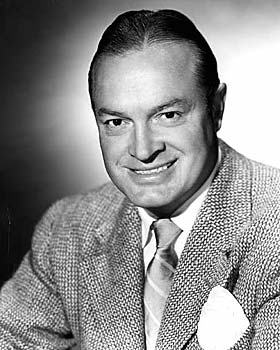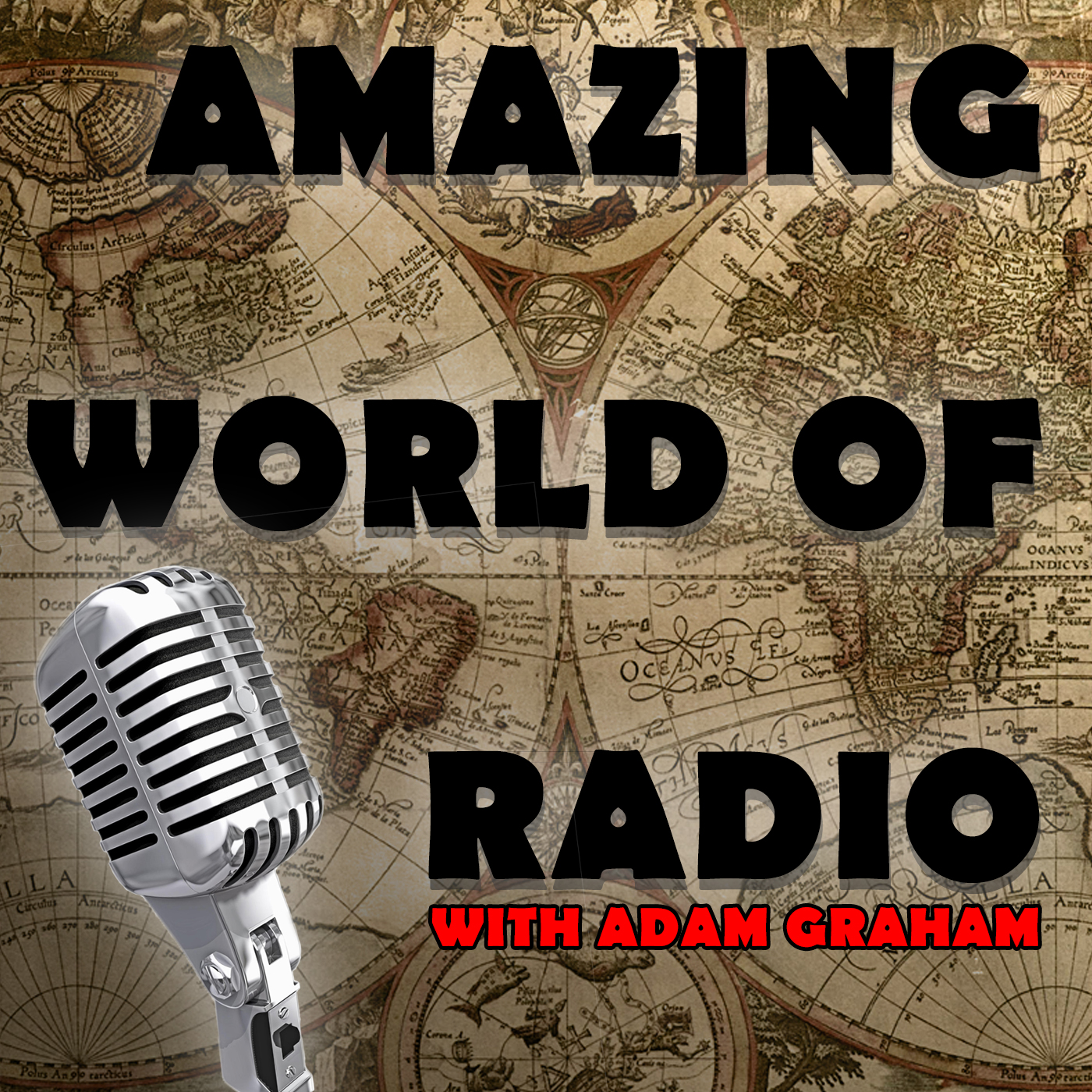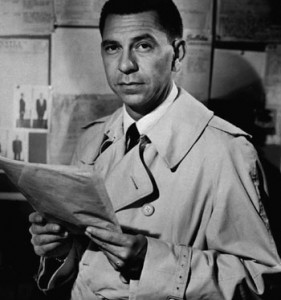Previous Posts: 4, 5, 6,7, 8,9, 10, 12-11, 14-13, 16-15, 18-17, 20-19,22-21, 24-23, 26-25, 28-27, 30-29, 33-31, 36-34,
39-37,42-40, 45-43, 48-46, 51-49, 54-52, 57-55, 60-58, 65-61, 70-66, 71-75, 76-80,
81-85, 86-90, 91-95, 96-100
3) Bob Hope

Bob Hope’s radio persona would be glad to have top billing over Bing Crosby (last week’s #4). However, Hope certainly earned the spot.
Hope began his own program in 1939 on the strength of early film success on the Pepsodent Show where he would spend most of his years on the radio. In his early days, his brand of humor frequently bristled the network censors with some of his humor, but this is less remembered today.
World War II would forever change Hope and how he was perceived by the American people. While World War II brought out patriotism in Hollywood with innumerable celebrities doing their bit to help defeat the Axis, it was Bob Hope who took the lead, visiting troops more often than other. During the war, nearly every week, his program came from an overseas base. In addition to this, he was a frequent host of AEF programs like Command Performance and GI Journal.
Hope would have plenty of laughs during his show. However, his closing monologue would often be on a more serious note as an instrumental version of his signature theme “Thanks for the Memories” played, urging Americans earnestly to support worthy causes such as the March of Dimes, the Red Cross, and the Crusade for Freedom. Hope’s passion comes across today unashamed and sincere even many years later. Hope’s rapport with the public made him a trusted and liked personality. In 1945, Lux Radio Theater broke with its tradition of dramatizing plays and movies to dramatize Hope’s book about visiting the troops, I Never Left Home. He was called upon in 1950 to do a short four part series on the emerging post-Atom Bomb world called The Quick and Dead.
Of course, this wasn’t to say Hope became a serious figure. His comedy continued to delight millions. Like many Golden Age comedians, Hope relied on running gags. He began most shows for Pepsodent with a rhyming greeting. Many of the jokes focused on Hope as a “Wolf” even as he advanced through his 40s into his late 50s. Some radio fans pan hopes Humor as “too topical.” Monologues have that issue, but then so did those of most radio comedians.
What makes Hope well worth listening to is that he was one of radios best ad-libbers, bar none. Hope would even ad-lib his way through radio performances of movies he’d appeared in on Lux Radio Theater and Screen Guild Theater. Hope also had great chemistry with so many great stars of the era. Of course, there was Hope’s longtime friend and occasional partner Bing Crosby, however in his radio days Hope performed with a wide variety of stars including Humphrey Bogart, Chico Marx, Gracie Allen, and Jack Webb. His ability to play straight man or comic as well as to throw out the script when he had a better idea made Hope a great performer. His charaacter and personality made him a class act that made radio great.
If you enjoyed this post, you can have new posts about Detective stories and the golden age of radio and television delivered automatically to your Kindle.



